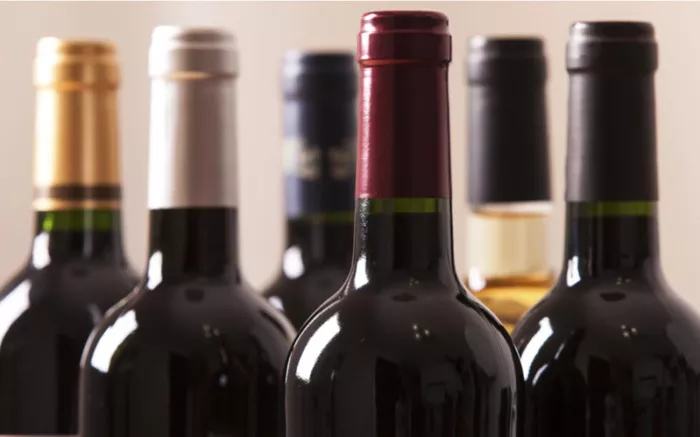Areni Global has released its latest whitepaper, Rethinking Education: Shaping the Future of the Wine Trade, which explores the challenges of profitability and staff shortages in the wine industry. The report highlights the growing need for new skills and questions the effectiveness of current professional wine education programs in meeting these demands.
Focusing specifically on trade education—excluding viticulture and wine production—the research investigates whether the wine industry has the right skills in its workforce. If not, the report examines how to cultivate them.
Industry Challenges and the Need for Change
The wine trade remains an attractive career choice, with growing interest from individuals wanting to learn more about wine. The Wine & Spirits Education Trust (WSET) reported a 15% increase in candidates for its Diploma in September 2024, and enrollment in other wine courses is also on the rise. Despite this interest, the industry continues to struggle with recruiting qualified talent.
At the same time, the wine trade faces persistent financial difficulties, compounded by an increasingly challenging economic environment. While many are drawn to the wine business and motivated to learn about wine, companies are finding it hard to secure the talent necessary for profitability. Areni Global’s research suggests that the skills mismatch could be a key factor in this issue.
After 18 months of research, the study reveals a significant gap between what is taught in wine education programs and what the industry needs. It advocates for a rethinking of wine education to boost profitability, which would lead to higher salaries and a stronger ability to attract the right candidates.
The Research Process and Key Findings
The research involved qualitative and quantitative analysis, including workshops, interviews, and surveys with more than 130 participants. The study sought input from academics, educators, certification bodies, wine industry professionals, and recruiters to understand how wine education intersects with trade needs and to pinpoint the most challenging skill gaps.
The findings revealed that while wine education excels in teaching product knowledge, it falls short in areas critical to business success. The study found that companies are looking for candidates with financial acumen, project management, strategic thinking, sales and marketing expertise, and the ability to interpret consumer research and data. Furthermore, there is a notable lack of high-level communication skills—such as listening, speaking, and writing—among candidates.
Soft skills, especially interpersonal abilities, are also in high demand, as wine is a people-centric business. Recruiters emphasize that maintaining long-term relationships in the trade requires professionalism, flexibility, and excellent communication.
A Surprising Insight: Lack of Career Planning
One striking revelation from the study was that none of the interviewees had initially planned to pursue a career in the wine industry, unless they came from a wine family. Many professionals had entered the trade after falling in love with wine while working in hospitality or transitioning from another career. This lack of awareness of career opportunities within the wine industry poses a significant recruitment challenge. If individuals are not aware of the roles available, they are unlikely to pursue them.
The Path Forward: Collaboration and Education Reform
Areni Global’s research outlines potential solutions, including educational programs that combine wine knowledge with business skills. The report advocates for greater collaboration with academics, certification providers, industry bodies, and companies to implement these solutions and capitalize on the opportunities highlighted in the study.
In addition to wine education, Areni Global has been focusing on other areas of the wine industry. Recent research includes a podcast series on La Place de Bordeaux and its global impact on fine wine distribution, as well as an upcoming project, New Consumers, New Narratives, which examines how the fine wine sector can engage new generations of consumers.
As part of its mission, Areni Global also runs online and offline events for industry professionals to discuss challenges and opportunities in the wine trade. Through these initiatives, Areni Global aims to shape the future of the industry and foster a more profitable and sustainable wine trade.
You Might Be Interested In:


